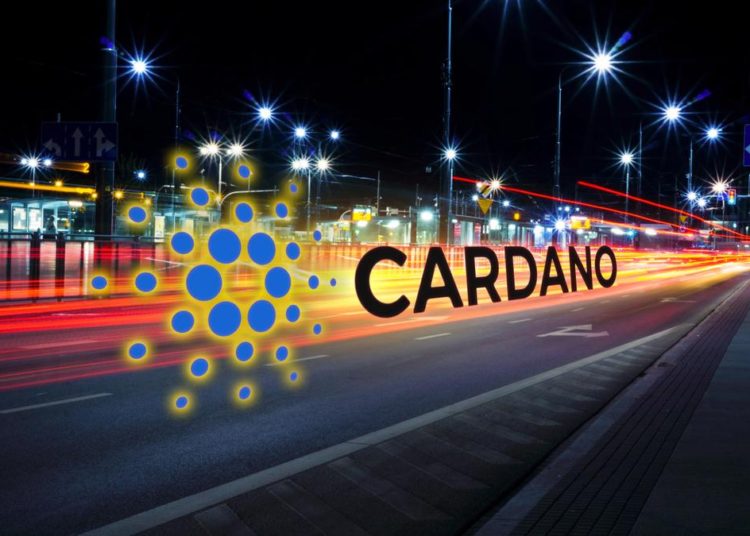Source: Akarat Phasura – Shutterstock
- Cardano celebrated a new deal with the Ethiopian government this week opening up endless opportunities in the country.
- The partnership will see the project onboard millions of users and highlights how much the project has matured and grown into an industry titan in recent months.
Charles Hoskinson believes it is an exciting time for Cardano as a project. Cardano has taken years of infrastructure research and development and finally, it is paying off. Earlier this week, the project announced its partnership with the Ethiopian government – specifically the Ministry of Education – that will see the largest blockchain adoption in education in history.
Its partnership with Ethiopia will create a blockchain-based education management system on Cardano. The Ministry of Education will be able to secure blockchain IDs and store records of over 5 million students. Furthermore, it will offer teachers and the government tamper-proof record-keeping, grade verification and enhanced monitoring. Additionally, the deal will see students and teachers get tablets with dedicated internet.
Cardano targets the entire governance system
Charles Hoskinson has discussed how key developing regions such as Africa are key to its growth. In a recent interview, he expressed his excitement about the partnership, stating that it is this kind of solution that led him and his team to start the project.
Having a verifiable ID is the first step. A verifiable ID means that users can get a passport or driving licence, register property and access vital financial services like banking and loans. We want to use blockchain to solve this. We’re starting with education in Ethiopia, but Atala PRISM could be rolled out to cover government services as a whole, which we are actively investigating elsewhere.
The founder of Cardano further confirmed that it will not end with IDs and the project was working to extend into universities. Here, degrees can be digitally verified on the Cardano blockchain. This will make it easier for employers to verify documents.
Charles Hoskinson: Rural communities are next
The CEO of Input Output has also spoken about opportunities in Africa that go beyond education. One of these is offering millions access to digital, financial and social services. In a partnership with World Mobile Group, the projects aim to bring connectivity to rural communities that have for years fallen behind due to a lack of infrastructure. These vulnerable communities have especially missed out on financial services which the entire crypto industry is built upon.
He confirmed that Cardano will start in Zanzibar and Tanzania where they aim to bring internet connectivity using clean, solar-powered energy.
Local business owners in rural Africa will be able to access affordable network nodes, based on the Cardano blockchain infrastructure, and share access around their communities. These network nodes act as local relays for internet connectivity.
The project has in the last few days also partnered with Save the Children, a leading non-profit organization in Africa. On top of enabling ADA donations, the two are exploring other ways the organization can employ blockchain technology in its operations.
Credit: Source link












































